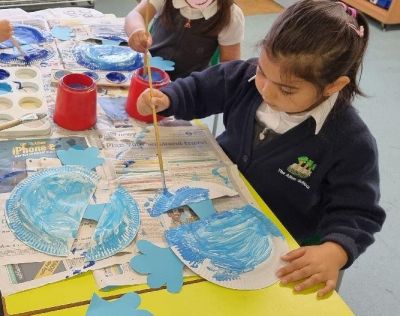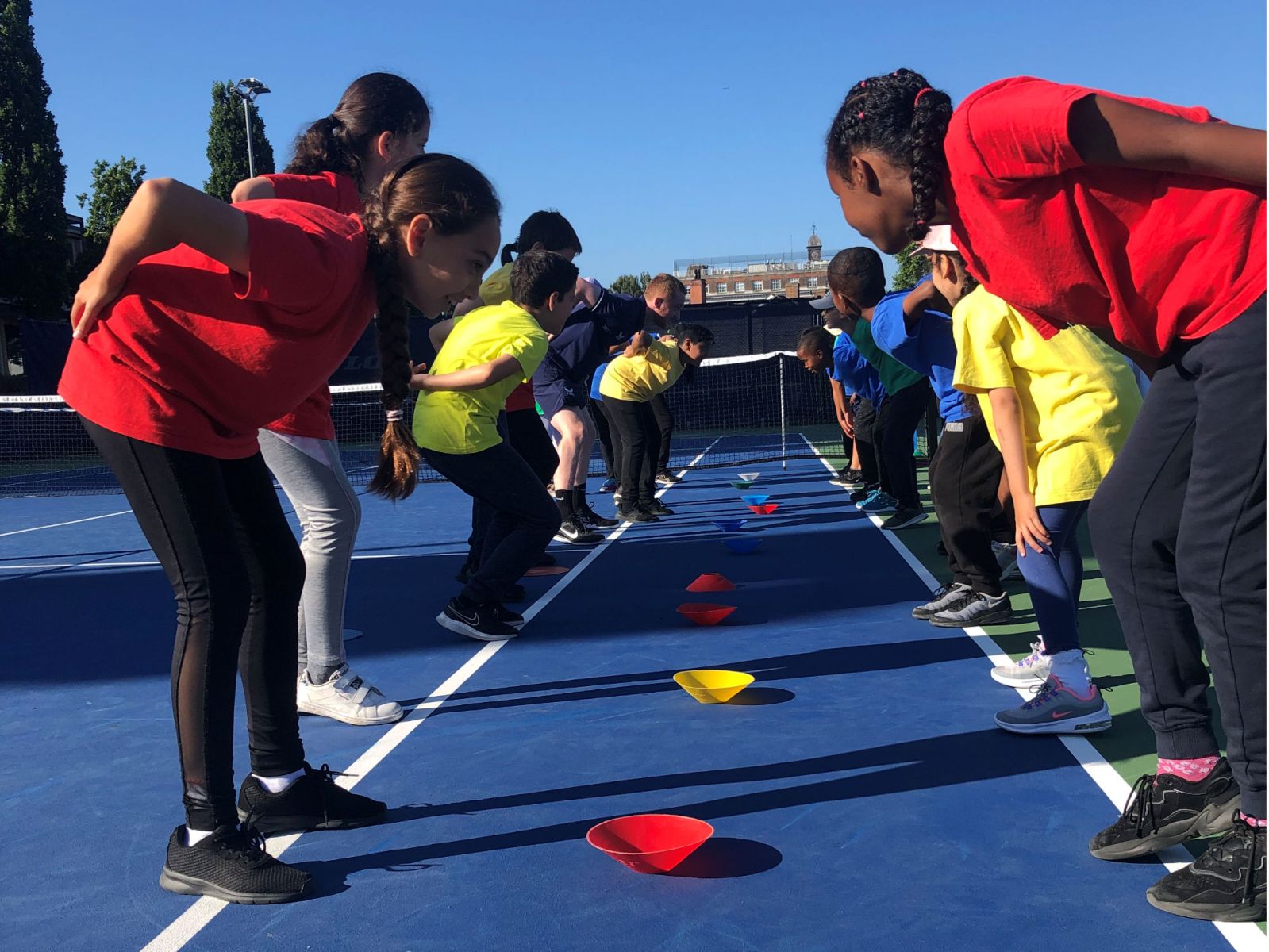
In August 2017, The Alton joined the Quality First Education Trust.
The Q1E Trust's financial reports can be found online here
Click here to download The Alton's Academy Funding Agreement.
See below for details of our use of 'premium' funds.
In August 2017, The Alton joined the Quality First Education Trust.
The Q1E Trust's financial reports can be found online here
Click here to download The Alton's Academy Funding Agreement.
See below for details of our use of 'premium' funds.
The Pupil Premium is funding provided to schools which is additional to main school funding. It is allocated according to the number of pupils on-roll who are eligible for free school meals (FSM). In 2012, funding was extended to include pupils who have been eligible for free school meals at any time within the past 6 years. It is for schools to decide how the Pupil Premium is spent, since they are best placed to assess what additional provision should be made for the individual pupils within their responsibility. However, schools are to be held accountable for how they have used the additional funding to support pupils from low-income families. This information must be published on the school website.
At The Alton we use our PE and sports premium funding to improve PE provision and raise achievement.
The funding for 2023-2024 was used primarily to:
The statement of how the funding was used for 2023-2024 can be found here.

The Alton received £16,640 during the academic year 2020-2021 from the government to support pupils who may have missed out on learning due to Covid 19.